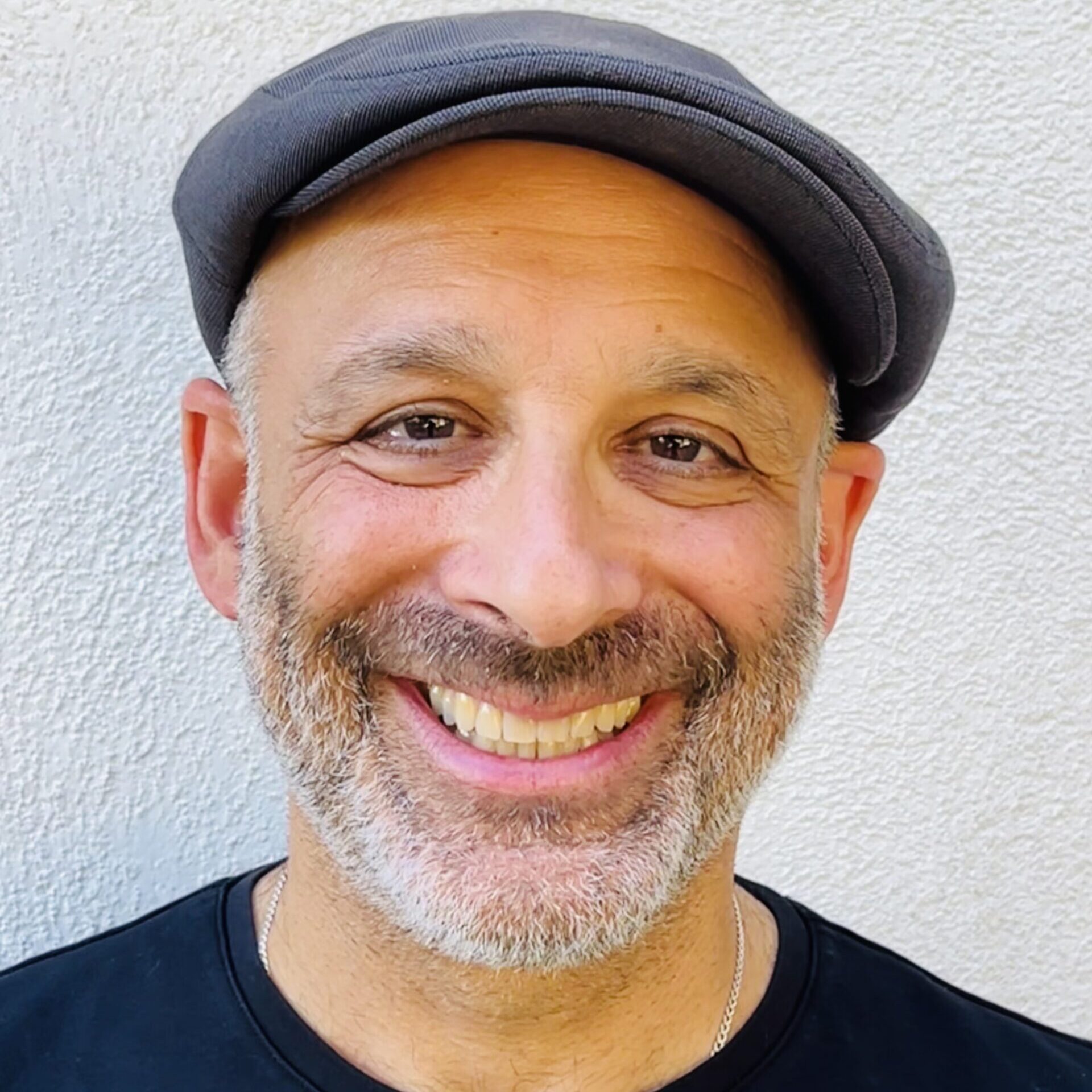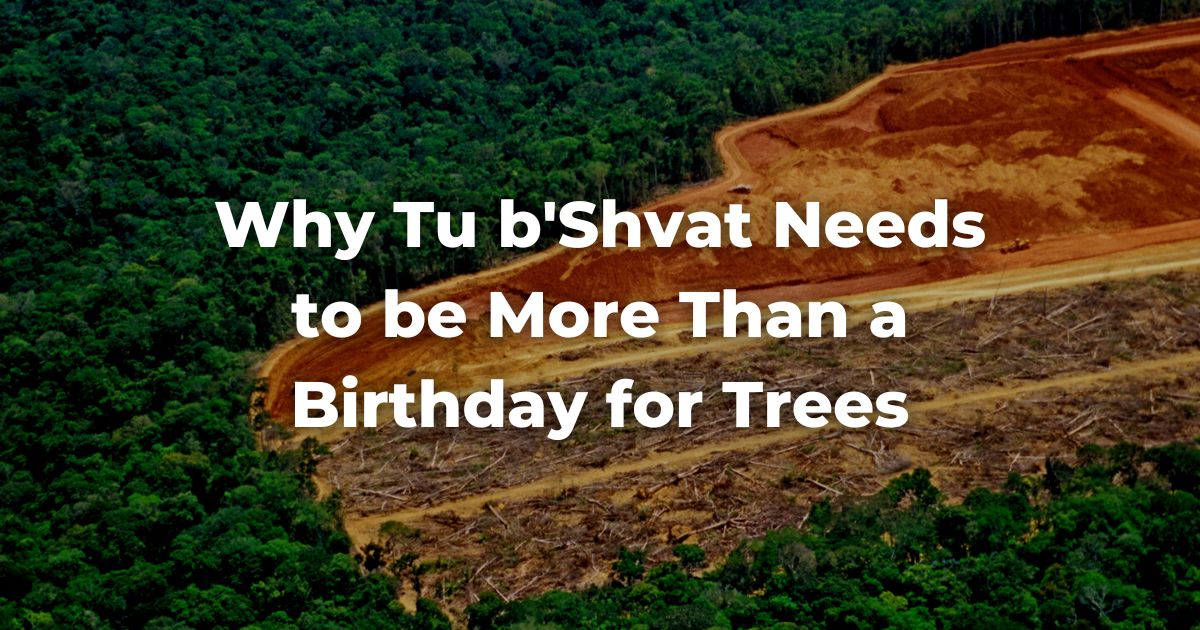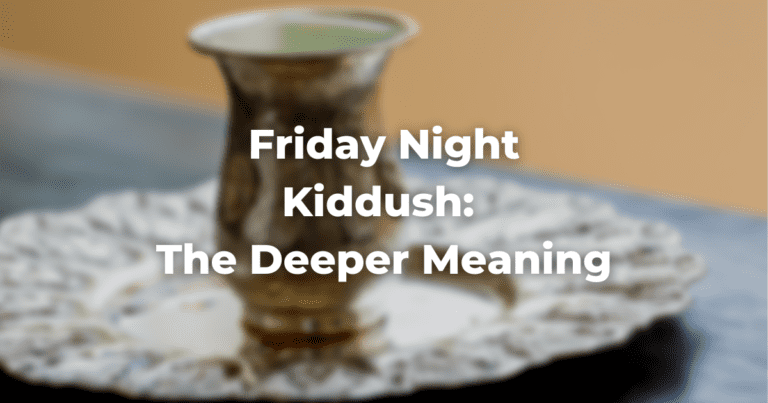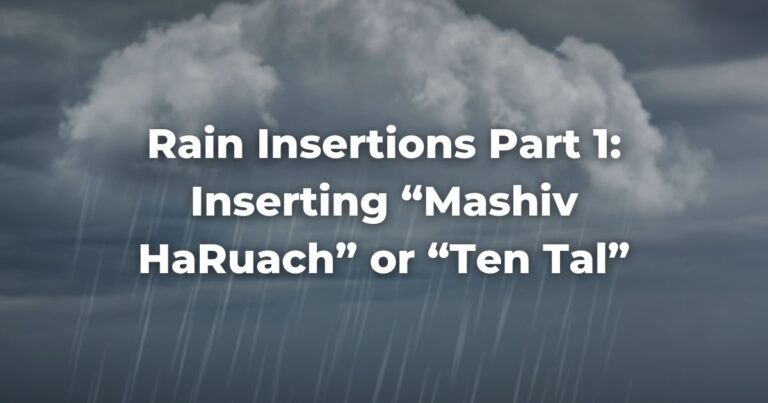Tu b’Shevat: A Time to Recommit
Trees are central to Jewish life and imagination. From the Garden of Eden to the Jewish National Fund, from the Talmudic custom of planting a tree when a child was born to Martin Buber’s invitation at the beginning of I and Thou to “Consider a tree.” Trees are also represented in Jewish religious thought and iconography: the Menorah that stood in the Temple, the sefirot/mystical energies of Kabbalah and the TorahRefers to the first five books of the Hebrew Bible, the Tanakh, also called the Five Books of Moses, Pentateuch or the Hebrew equivalent, Humash. This is also called the Written Torah. The term may also refer to teachings that expound on Jewish tradition. Read more itself all represent the Tree of Life.
There is even a blessing for first flowering of a fruit tree:
Blessed are You, Our God, King of the Universe whose world lacks nothing and who made wondrous creations and beautiful trees for human beings to enjoy.
And in what way do we enjoy trees… fruit bearing trees to be specific? The flowering of the fruit tree signals the promise of food and that provision of sustenance is why, according to the blessing, this world lacks nothing.
The connection between trees and food goes back to the very first chapter of the Torah when describing humanity’s creation we read:
Then God said, “I give you every seed-bearing plant on the face of the whole earth and every tree that has fruit with seed in it. They will be yours for food.” (Genesis 1:29)
Yes… according to the Torah, humanity’s diet, and in fact all of creation, was plant-based and trees, along with other plants, were our source of food. In addition, the verse implies the proper dynamic of drawing sustenance from the earth…only the produce from trees and plants that can be replaced, ie. seed bearing, can be consumed.
In other words, the Torah uses trees to counsel us in the appropriate way to consume food that is in harmony with, not degrading to, the environment that provides for us.
We have not heeded that advice.
Instead of finding a balanced way to consume our world’s resources, we are rapidly plundering them like there is no tomorrow: one of many examples, the Amazon. Our desire for cheap meat creates a demand and that demand has been met by tearing up the Amazon forest.
There is now an Arc of Deforestation which hugs the eastern and southern margins of Amazon, and it is vast. It takes more than an hour to fly over and is dominated by industrial-sized soy plantations where the protein-rich legume is being grown for conversion to animal feed for livestock like pigs and chickens. The rest has been transformed into scrubby rangelands for grazing cattle.
We have evolved from seeing trees as a source of food to be preserved to an obstacle to be removed so we can eat cheap meat. And in the process we are destroying a vital part of our world’s ecosystem. Well, maybe evolved is not the right word.
What can we do?
With many environmental challenges, our individual actions are more symbolic than effective. Yes it helps to drive electric vehicles, install solar panels, and recycle. However, for these to be truly effective they have to be done on an industrial scale with trucks, skyscrapers, and factories. But, we as individuals can still have a significant impact. Again and again, studies show that we can have the biggest impact on our environment through our diets.
By reducing our consumption of meat we begin down a path that can help us restore some balance between us and the natural world; we take a few steps back to the garden of Eden. And in our day and age, such reduction is more feasible than ever before. Aside from just a return to some good old fruits and veggies, there are many and ever increasing number of substitutes for meat.
Trees play a vital role in our world and in our imaginations. They not only sustain and nourish us physically, they feed our imaginations and are woven into our history and our souls. And at this time we need Tu b’Shvat to be more than just the “birthday for the trees.” We need it to be a moment of recommitment to a way of living that does not degrade our natural world, but enhances and celebrates it.
And it can all start if, as Martin Buber said, you consider a tree.
Author
-

Based in Los Angeles, Jonathan is an ordained Conservative rabbi who served a wonderful congregation for 25 years before deciding it was time for something different. In addition to serving all animals, Jonathan is the co-founder of the Valley Chevra Kaddisha and is crazy about English Premier League Soccer, fostering mama dogs and their puppies, raising chickens, and playing ukulele badly.
View all posts




